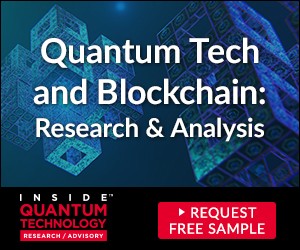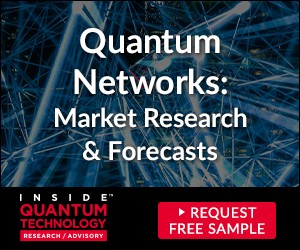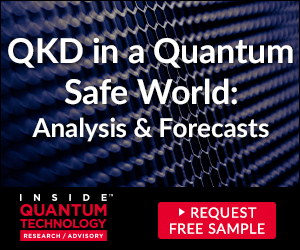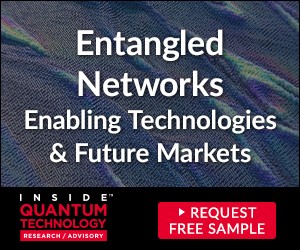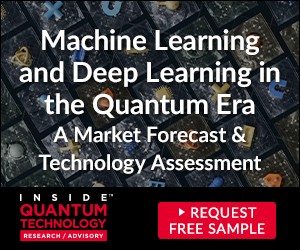Harvest Now, Decrypt Later
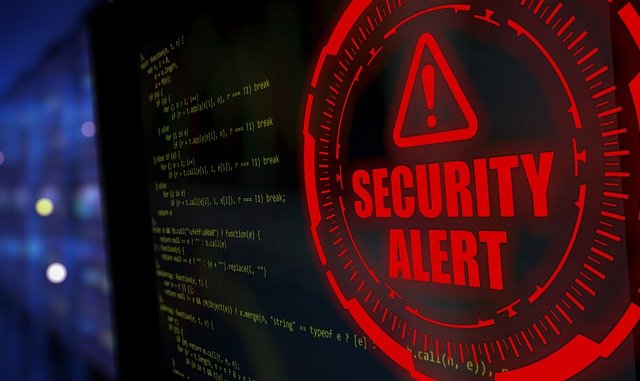
Organizations are getting increasingly concerned about their encrypted data being stolen today with an eye toward decrypting in the future with a quantum computer.
“We have reached a moment in time where sophisticated threat actors have recognized that fault-tolerant quantum computing will soon be able to break existing encryption methods making ‘harvest now, decrypt later (HNDL)’ attacks worthwhile,” Duncan Jones, head of Cybersecurity Quantinuum, an international quantum computing hardware and software company, said in an interview.
“They also recognize that there is a window of opportunity for HNDL attacks, as many organizations have not yet implemented quantum-safe measures, making their data susceptible,” he added.
The potential for future compromise of data can add a new perspective to a data breach today. “While a compromised organization may think a data breach was not bad because the data taken was encrypted, these threat actors can either hold onto the data or sell to others who may have more future resources to decrypt it,” explained Christian Simko, vice president of product marketing at AppViewX, a certificate lifecycle company in Seattle.
For organizations considering the prospective benefits of quantum computing, the threat of HNDL seems to be particularly keen. In a poll of professionals at those organizations released in September by Deloitte, more than half (50.2%) believe their enterprises are at risk of HNDL attacks. “We are already seeing some industry and government leaders thinking about how this risk aligns with other cybersecurity risks that they are subject to,” Colin Soutar, Cyber Quantum leader at Deloitte U.S., said in an interview.
Quantum computing has the capability to break the encryption on which most enterprises, digital infrastructures, and economies rely, rendering today’s encryption methods useless, added Bryan Ware, CEO of LookingGlass Cyber Solutions, a cybersecurity intelligence company in Reston, Va. “That means that all secrets are at risk,” he said. “Nuclear weapons, banks, business IP, intelligence agencies, among other things, are at risk of losing their confidentiality and integrity.”
Given the magnitude of resources needed to develop a quantum computer with the chops to break today’s encryption algorithms, it’s believed HNDL attacks are most likely to originate with a nation-state. “At this point, adversarial nation-states are the only threat actors capable of affording a powerful quantum computer,” asserted Skip Sanzeri, founder and COO of QuSecure, a maker of quantum-safe security solutions in San Mateo, Calif.
Last year, a report from Booz Allen identified China as a nation-state primed to launch HNDL attacks against its perceived adversaries. “China is also notorious for strategic, mass data and IP theft so it should come as no surprise that they are already scooping up information for future use,” said Ware, who also a member of World Economic Forum’s Quantum Security Initiative.
“China is the world’s leading competitor with the U.S. for quantum capabilities and therefore poses the most likely threat in the near—but still distant—term. However, we should assume that all actors capable of harvesting data with long-term utility will pursue it as quantum capabilities will eventually become critical for any technologically advanced nation.”
Soutar, though, noted that Deloitte hasn’t seen any direct evidence of nation-state actors conducting HNDL attacks. “However,” he added, “when you think about the volume of data being transmitted today under the protection of current cryptography, it is highly likely that such attacks are occurring outside of the awareness of organizations that they have been attacked and are exposed.”
Unlike most adversaries, time can be a major challenge for HNDL threat actors. “There is not an exact timeline for when quantum computing will break existing cryptography, but it is reasonable to expect this might be around a decade—maybe more, maybe less. So that means the only targeted data would be encrypted data that might still have value in that timeframe,” explained Daniel Castro, vice president of the Information Technology and Innovation Foundation, a research and public policy organization in Washington, D.C.
Most data has a useful shelf life, added Richard Stiennon, founder and chief research analyst at IT Harvest, a cybersecurity industry analyst firm in Birmingham, Mich. “If an adversary had been capturing and keeping your data for 20 years, what harm would it do you today if it was decrypted?” he asked. “Credit card data will all be expired. Other types of data will not hold value to you, let alone the adversary.
Some types of data cited by Stiennon that might age well are software, weapon designs, and proprietary industrial secrets, as well as diplomatic cables and strategic plans.
While quantum computers will pose a threat to data encrypted today, he noted, today’s computers can be a threat to encryption, too. “Encrypted data from 20 years ago with short keys or faulty algorithms are trivial to decrypt today,” he said.
“Switching to quantum-safe encryption algorithms now is probably a good idea, but it takes years for new algorithms to withstand the test of time, so waiting to embark on a massive effort to re-key and re-encrypt may be the best approach, if you are not in the military or intelligence community,” he advised.
John P. Mello Jr. is freelance writer specializing in business and technology subjects, including consumer electronics, business computing, and cybersecurity. He is also a former managing editor of the Boston Business Journal and Boston Phoenix.
–30–












